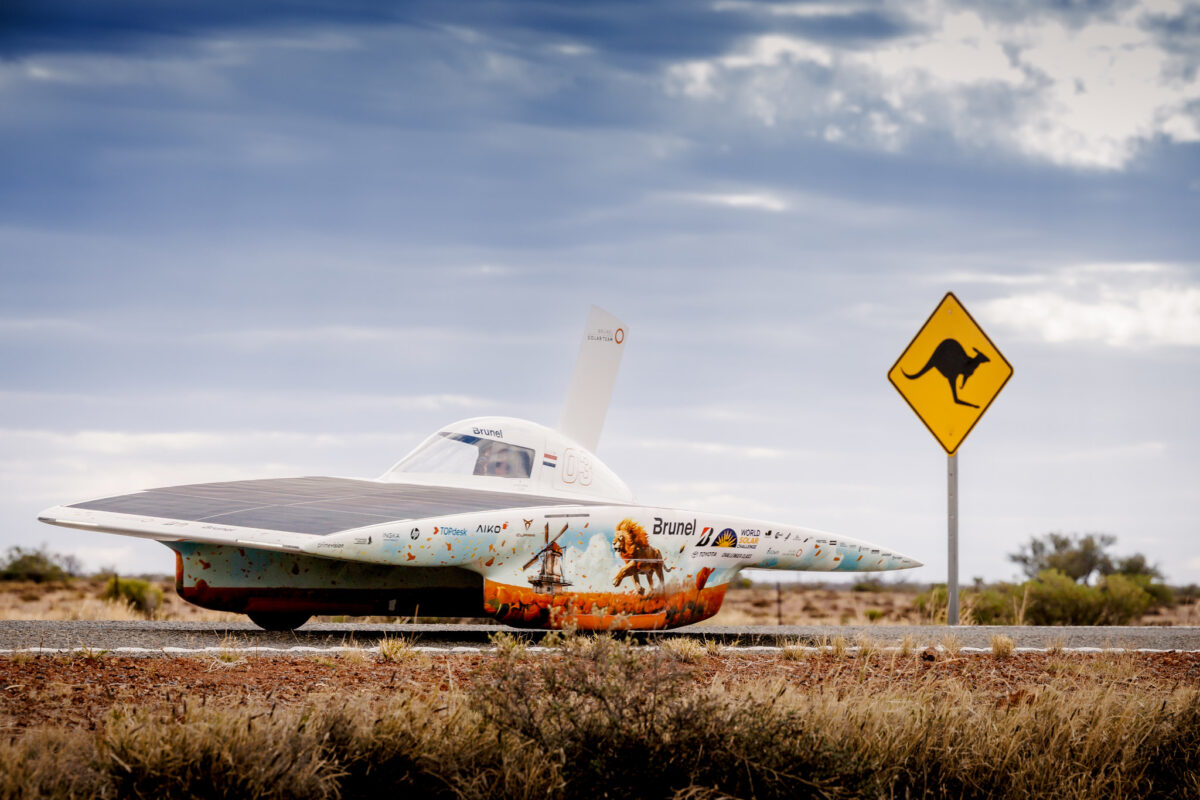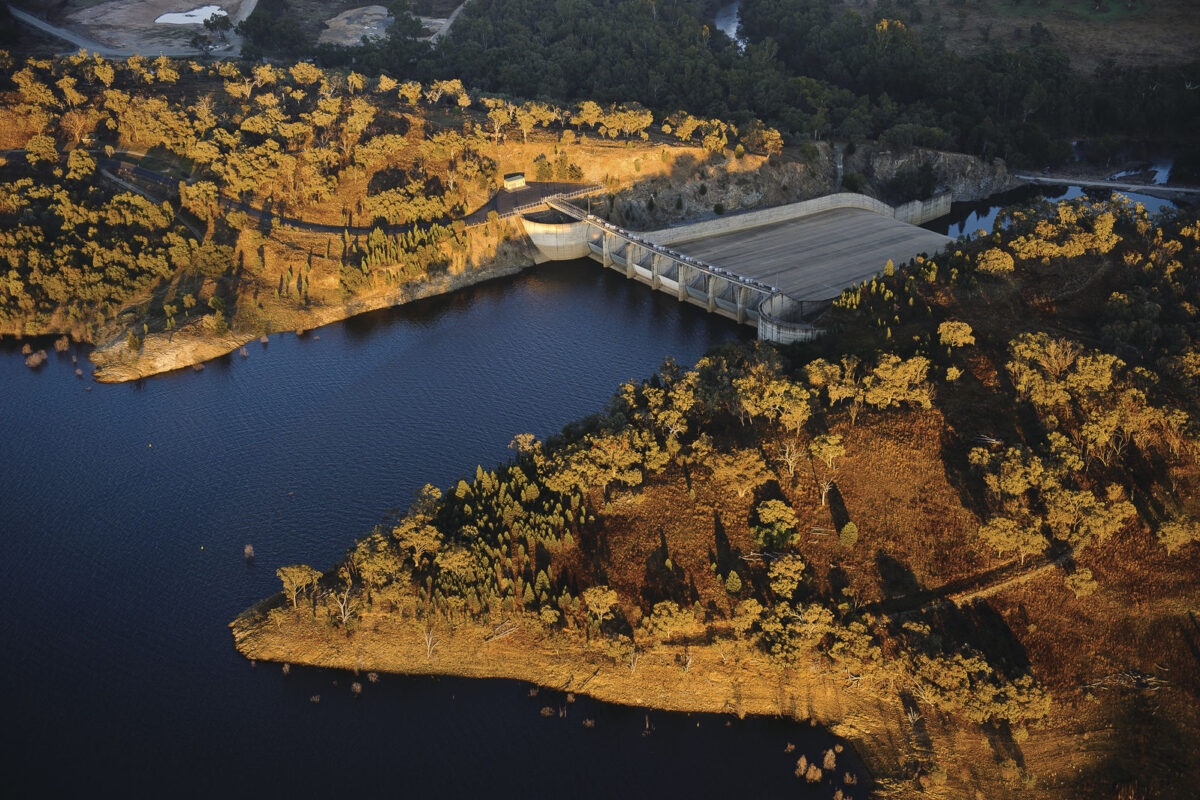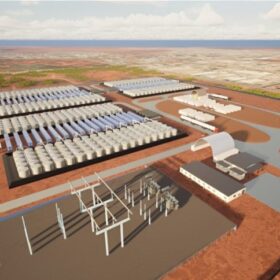Brunel Solar Team, from The Netherlands’ Delft University of Technology, tops the Challenger class leaderboard after day three of the 3,000 km World Solar Challenge car race from Darwin to Adelaide, but less than 10 minutes separate the top three teams.
Brunel in Nuna 13 finished the third day of racing about 300 km north of the Coober Pedy, having travelled 2,150 km at an average speed of more than 91 km/h.
The team, that finished runner-up in the 2023 instalment of the World Solar Challenge, held a four-minute advantage over the University of Twente team at the day’s last control stop with Innoptus, from the University of Leuven, just three minutes behind in third.
Team Sonnenwagen from Aachen University in Germany is in fourth position, about 50 minutes behind the lead group, with the United States’ University of Michigan team maintaining its position in fifth, about 30 minutes behind.
Australia’s Western Sydney in Unlimited 6.0 remained in eighth place, about two hours off the pace.
In the Cruiser Class, Estonia’s Solaride is first, closely followed by Hong Kong’s Sophie 8X, with Taiwan’s Apollo third.
The University of NSW’s Sunswift is fifth, just ahead of the Deakin University Solar Team.
The World Solar Challenge has been held every two years since 1987 and features solar-powered cars designed, engineered and built at universities and schools in Australia and around the world.
Overseas entrants this year include teams from Germany, Sweden, Italy, the Netherlands, Estonia, Hong Kong, India, Japan, Taiwan and the United States.
This year is the first time the event has been held at the end of the Australian winter, a change that has prompted new rules including larger solar panel allocations and smaller batteries, introduced to accommodate the changing solar radiation in the southern stages.
Teams are now allowed six square meters of solar panels, up from four, to compensate for the lower solar irradiance.
This content is protected by copyright and may not be reused. If you want to cooperate with us and would like to reuse some of our content, please contact: editors@pv-magazine.com.









By submitting this form you agree to pv magazine using your data for the purposes of publishing your comment.
Your personal data will only be disclosed or otherwise transmitted to third parties for the purposes of spam filtering or if this is necessary for technical maintenance of the website. Any other transfer to third parties will not take place unless this is justified on the basis of applicable data protection regulations or if pv magazine is legally obliged to do so.
You may revoke this consent at any time with effect for the future, in which case your personal data will be deleted immediately. Otherwise, your data will be deleted if pv magazine has processed your request or the purpose of data storage is fulfilled.
Further information on data privacy can be found in our Data Protection Policy.